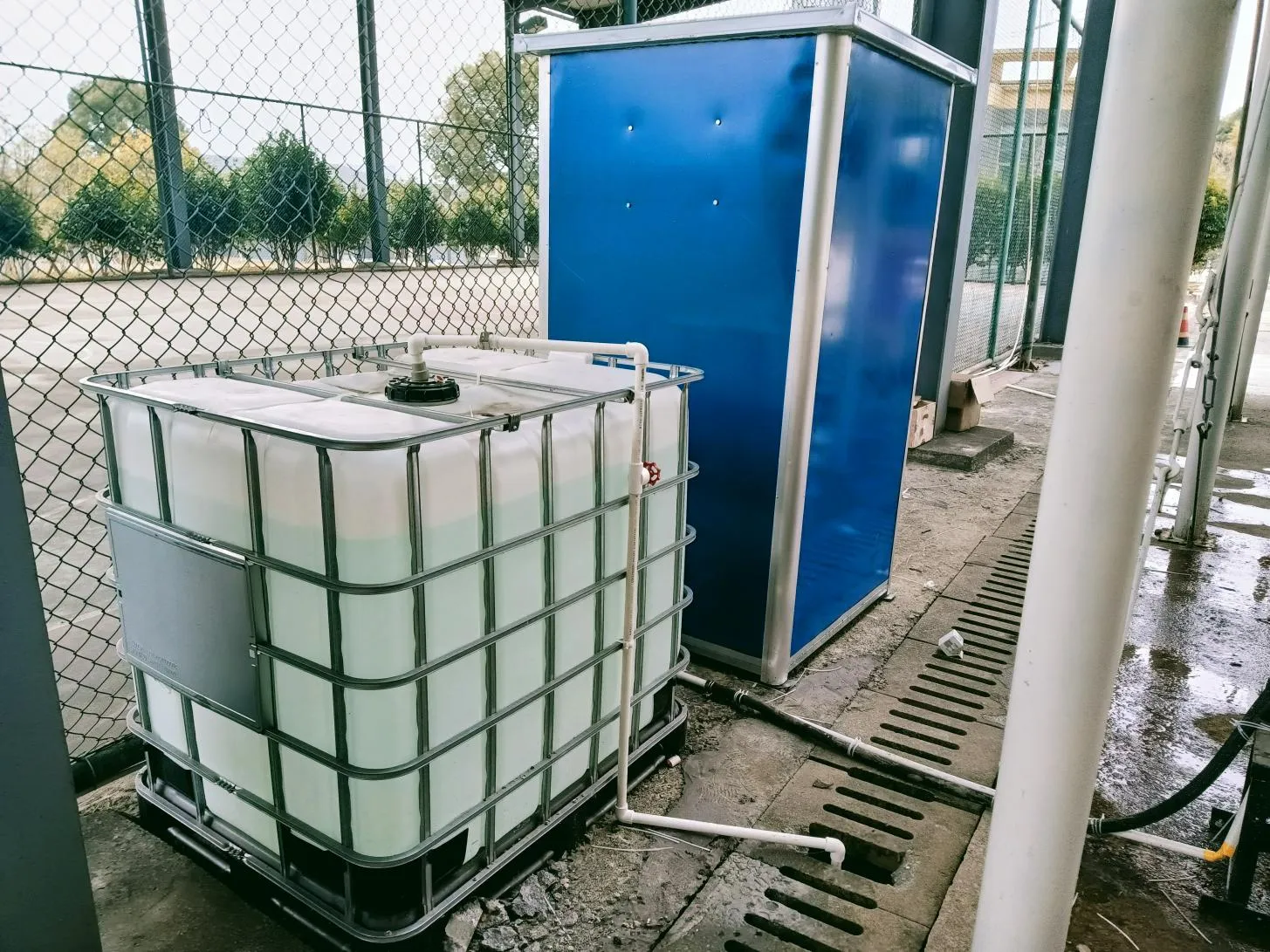
- Afrikaans
- Albanian
- Amharic
- Arabic
- Armenian
- Azerbaijani
- Basque
- Belarusian
- Bengali
- Bosnian
- Bulgarian
- Catalan
- Cebuano
- Corsican
- Croatian
- Czech
- Danish
- Dutch
- English
- Esperanto
- Estonian
- Finnish
- French
- Frisian
- Galician
- Georgian
- German
- Greek
- Gujarati
- Haitian Creole
- hausa
- hawaiian
- Hebrew
- Hindi
- Miao
- Hungarian
- Icelandic
- igbo
- Indonesian
- irish
- Italian
- Japanese
- Javanese
- Kannada
- kazakh
- Khmer
- Rwandese
- Korean
- Kurdish
- Kyrgyz
- Lao
- Latin
- Latvian
- Lithuanian
- Luxembourgish
- Macedonian
- Malgashi
- Malay
- Malayalam
- Maltese
- Maori
- Marathi
- Mongolian
- Myanmar
- Nepali
- Norwegian
- Norwegian
- Occitan
- Pashto
- Persian
- Polish
- Portuguese
- Punjabi
- Romanian
- Russian
- Samoan
- Scottish Gaelic
- Serbian
- Sesotho
- Shona
- Sindhi
- Sinhala
- Slovak
- Slovenian
- Somali
- Spanish
- Sundanese
- Swahili
- Swedish
- Tagalog
- Tajik
- Tamil
- Tatar
- Telugu
- Thai
- Turkish
- Turkmen
- Ukrainian
- Urdu
- Uighur
- Uzbek
- Vietnamese
- Welsh
- Bantu
- Yiddish
- Yoruba
car conveyor
The Evolution of Car Conveyors and Their Impact on the Automotive Industry
The automotive industry has undergone tremendous transformations since the dawn of mass production. One of the most significant innovations that have propelled this change is the car conveyor system. This technological marvel has redefined the manufacturing processes, enhancing efficiency, productivity, and safety.
What is a Car Conveyor?
A car conveyor is a mechanized system used to transport vehicles or vehicle components along an assembly line. Integrating various technologies, such as roller systems, belt conveyors, and overhead systems, car conveyors facilitate the movement of cars through different stages of assembly—from welding to painting and final inspection. These systems can be categorized into two main types inline and circular conveyors.
The Historical Context
The origins of car conveyors can be traced back to the early 20th century, primarily credited to the visionary Henry Ford. In 1913, Ford revolutionized the automotive industry by introducing the moving assembly line. This innovation drastically reduced production time for the Model T, making cars more accessible to the general public. The initial conveyor system was simple, but it laid the groundwork for more advanced and sophisticated designs that we see today.
Advancements in Technology
Over the decades, car conveyor systems have evolved significantly. Modern systems are highly automated and incorporate smart technologies, including sensors, robotics, and artificial intelligence. These advancements allow for real-time monitoring and management of the conveyor processes. For instance, predictive maintenance technologies can anticipate system failures before they occur, minimizing downtime and ensuring seamless production.
Moreover, the integration of Industry 4.0 principles into car conveyor systems has further enhanced operational capabilities. Data analytics and IoT devices provide manufacturers with detailed insights into every aspect of the production line, enabling them to optimize processes and reduce waste.
Benefits of Car Conveyors
car conveyor

The implementation of car conveyor systems offers numerous benefits to automotive manufacturers. Firstly, it increases production efficiency. By automating the transportation of vehicles through various stages of assembly, manufacturers can significantly reduce the time taken to build each car. This efficiency translates to higher productivity and, ultimately, lower production costs.
Secondly, car conveyors enhance safety in the workplace. With mechanized systems handling heavy lifting and transportation, workers are exposed to fewer hazardous situations. The ergonomic design of these systems also minimizes the physical strain on employees, leading to a healthier workforce.
Furthermore, car conveyor systems contribute to improved product quality. By standardizing the assembly process, manufacturers can maintain consistent quality across different production runs. This reliability fosters customer satisfaction and strengthens brand loyalty.
Challenges and Considerations
Despite their advantages, car conveyor systems are not without challenges. The initial investment required for installing advanced conveyor systems can be substantial. Smaller manufacturers may find it challenging to justify the expense, especially when competing against larger corporations with more financial resources.
Additionally, as technology continues to evolve, manufacturers must stay updated with the latest advancements to remain competitive. This requirement means that ongoing training and development for employees are essential to ensure they can operate and maintain advanced conveyor systems effectively.
The Future of Car Conveyors
Looking ahead, the future of car conveyor systems appears promising. With the rise of electric vehicles (EVs) and autonomous driving technologies, manufacturers may need to adapt their conveyor systems to accommodate new production processes. Additionally, as sustainability becomes a priority in manufacturing, car conveyors will likely incorporate more eco-friendly materials and energy-efficient technologies.
In conclusion, car conveyor systems have revolutionized the automotive industry by enhancing efficiency, safety, and quality. As technology continues to advance, these systems will play an integral role in shaping the future of automotive manufacturing, ensuring that producers can meet the ever-evolving demands of consumers. The balance between innovation, cost, and training will determine how effectively these systems can be implemented in the years to come.
-
Integrating Aqua Tunnel Car Wash in Shopping CentersNewsJun.24,2025
-
Gas Station with an Auto Car Wash MachineNewsJun.24,2025
-
Efficiency in Your Aqua Tunnel Car Wash: Power & Water-SavingNewsJun.24,2025
-
Car Wash Business with Advanced Auto Car Cleaning MachinesNewsJun.24,2025
-
Balancing Setup Costs with Aqua Tunnel Car WashNewsJun.24,2025
-
Aqua Tunnel Car Wash: Eco-Design for the Energy-Savvy EntrepreneurNewsJun.24,2025



